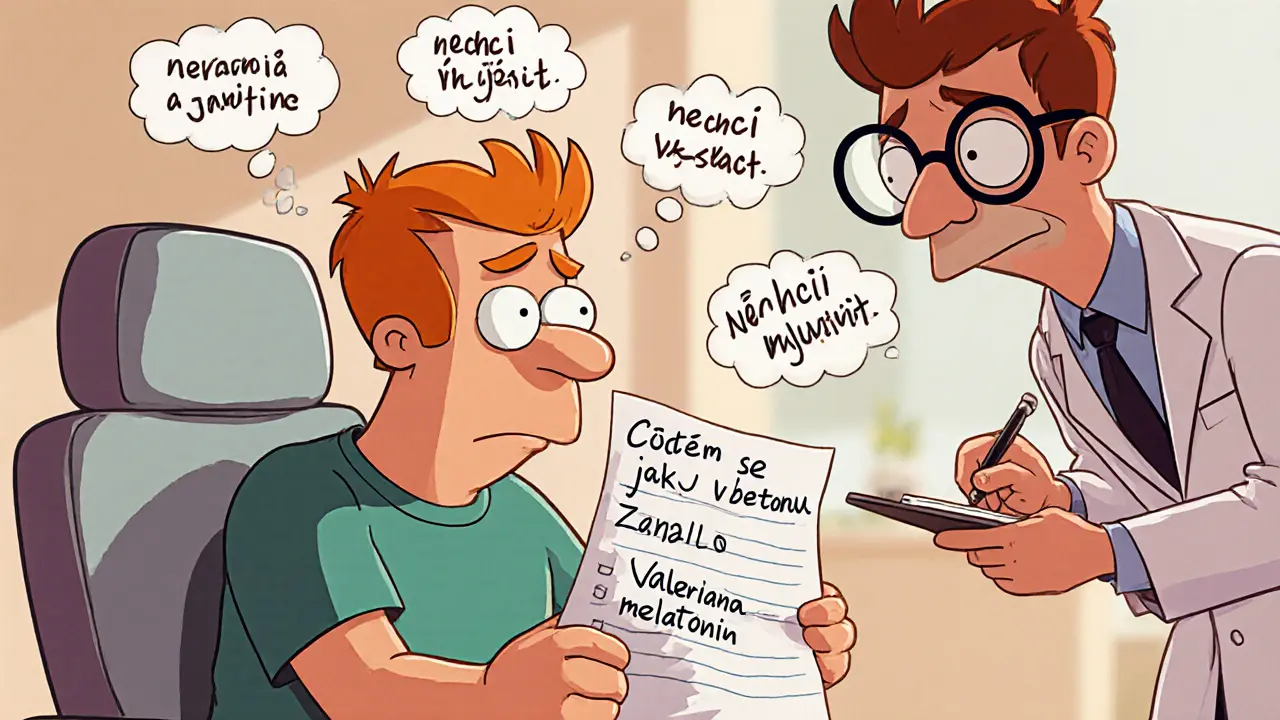Lékař a duševní zdraví: Když psychoterapie a medicína musejí spolupracovat
When it comes to mental health, a lékař, osoba s lékařským vzděláním, která může diagnostikovat duševní poruchy a předepisovat léky. Also known as psychiatr, it is often the first point of contact for people struggling with persistent anxiety, depression, or emotional overwhelm. But here’s the thing: a lékař isn’t a therapist, and a therapist isn’t a lékař. They’re two different roles that need to work together — and too often, they don’t. In the Czech Republic, many people are stuck waiting months for a psychoterapeut, while their symptoms keep worsening. Meanwhile, some are handed a prescription without ever talking about what’s really going on inside. You don’t need both — you need the right mix at the right time.
Let’s say you’re drowning in panic attacks. A psychiatrie, obor medicíny zaměřený na diagnostiku a léčbu duševních poruch, často s použitím léků might diagnose you with generalized anxiety disorder and suggest an SSRI. That’s fine — if it’s just one part of the plan. But if that’s the whole plan? You’re missing the real work: learning how to breathe, how to challenge your thoughts, how to stop running from your emotions. That’s where psychoterapie, proces, ve kterém odborník pomáhá klientovi pochopit a změnit vzorce myšlení, emocí a chování comes in. Studies show that for most anxiety and depression cases, therapy alone works as well as medication — and the results last longer. But if your nervous system is completely fried, if you can’t get out of bed, if you’re thinking about ending it all — then medication isn’t a crutch. It’s a bridge. A temporary one, but a necessary one. It doesn’t fix you. It just gives you enough stability to start healing.
And here’s what no one tells you: not every lékař understands this. Some still think therapy is for "weak people" or that meds are the only real solution. Others are overwhelmed by patient loads and can’t afford to spend 45 minutes listening. That’s why you need to know what to ask. Did you get a full assessment? Were you asked about your childhood, your relationships, your sleep? Or were you just handed a pill? If it’s the latter, you’re not getting care — you’re getting triage. Good psychoterapie doesn’t just talk about feelings. It gives you tools: how to ground yourself when you’re spiraling, how to set boundaries with toxic people, how to stop punishing yourself for being human. And it’s not magic. It’s work. But it’s work that changes your life.
What you’ll find below are real stories and clear guides about how these two worlds — medicine and therapy — actually connect in practice. From when antidepressants make sense to how to talk to your doctor about wanting therapy, from the limits of public healthcare to what really helps with ADHD, trauma, or borderline personality disorder. No fluff. No jargon. Just what works — and what doesn’t — for people living this in the Czech Republic right now.
